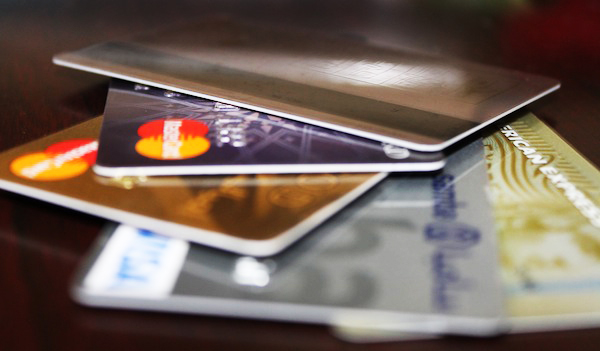Credit Cards & Loans
Consumer spending has weakest start to the year since 2012

The latest figures from Visa show consumer spending making its weakest start to the year since 2012.
Visa showed inflation-adjusted consumer spending in February was down 1.1% year-on-year, with particular weakness in the ‘recreation and culture’ sector. Down 6.1%, this saw its greatest decline since April 2010.
Face-to-face spending dropped 2.5% on the year, while eCommerce rose only slightly, up 0.2%. This was the 10th consecutive month of declining spending, although the pace of reduction was the softest since June 2017.
Nevertheless, there were areas of strength – the strongest rise was seen across Hotels, Restaurants & Bars (4.4%), followed by Misc. Goods & Services (which includes health, beauty and jewellery), which rose 4.0%.
Expenditure also fell across the Transport & Communication sector, with modest declines also seen across the Clothing & Footwear and Household Goods categories. In contrast, expenditure was broadly stable at Food & Drink retailers, after a modest fall in January.
Mark Antipof, chief commercial officer at Visa, said Britons have been in belt-tightening mode since last summer: “February’s cold snap certainly didn’t alleviate this situation, particularly when we shine a spotlight on high street spending, and recreation and culture in particular, which saw its biggest decline since April 2010.
“As we look ahead into March, consumer spending is at risk of posting one of the worst Q1 results on record. Retailers will no doubt be hoping that the milder weather will put a spring in shoppers’ steps.”
Samantha Seaton, CEO of Moneyhub, said the figures show the current economic climate is taking its toll, and consumers are feeling less confident with their money: “Household finances are still being squeezed from every direction and there appears to be no immediate end in sight. Wages aren’t rising fast enough to keep up with prices, borrowing looks likely to increase with another interest rate rise, and there remains a lot of uncertainty around what the reality of Brexit is going to be.”